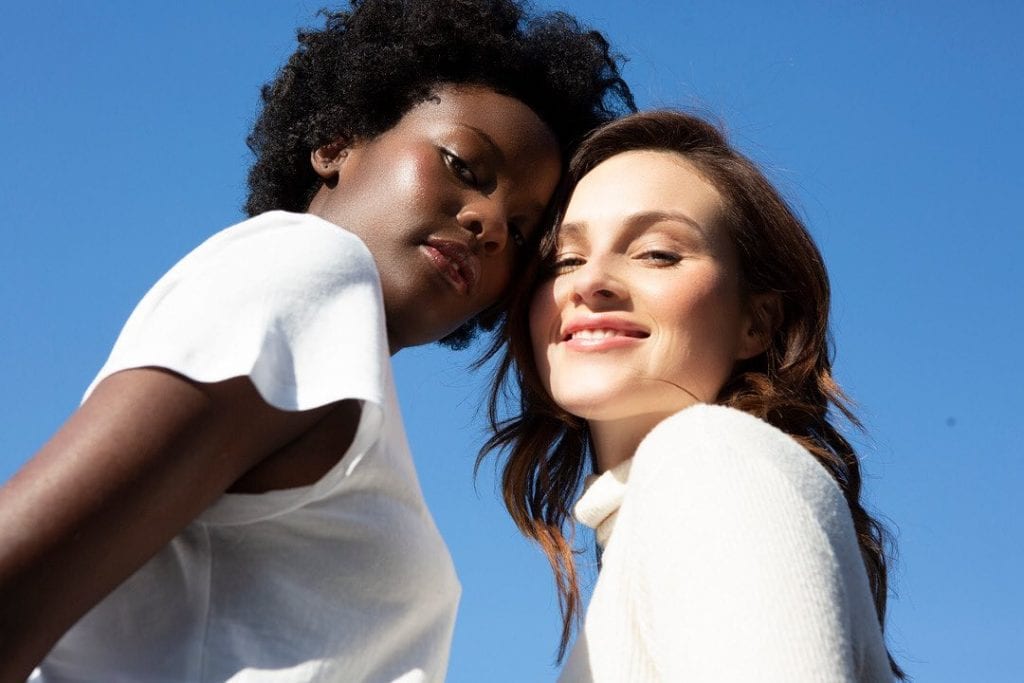Walmart has vowed to “stop keeping personal care products designed for people of color in locked display cases,” Reuters reported on Thursday, “after the practice drew flak online with many saying it suggested customers for these products cannot be trusted.” In a statement this week, the retail titan said, “We have made the decision to discontinue placing multicultural hair care and beauty products in locked cases,” confirming that the practice was in place in approximately a dozen of its nearly 5,000 stores across the U.S. to deter theft.
“The criticism of the retailer comes at a time when the U.S. has been rocked by protests against racial discrimination, following the killing of an unarmed black man, George Floyd, on May 25,” the publication reported, but it is worth noting that the backlash against Walmart predates recent unrest. In fact, Walmart, which maintains the title of the world’s largest physical retailer with sales of $514.4 billion in 2019, was sued in March 2018 for allegedly locking “hair and body products meant for African-Americans … behind glass shelves and segregating [them] from products for non African-Americans.”
In her complaint, which was filed in a California State court, Southern California-based Essie Grundy claimed that Walmart ran afoul of the Unruh Civil Rights Act and California’s Business and Professions Code, the latter of which prohibits any “unlawful, unfair or fraudulent business act or practice,” by systematically “singling [consumers] out because of their race.”
The case appears to have ultimately settled out of court (after being removed to federal court), with counsel for Grundy filing a joint stipulation to voluntarily dismiss the case in November 2019. However, before the parties quietly resolved the matter in a confidential capacity (Grundy was seeking monetary damages and a court order to permanently enjoin Walmart from “denying full access to consumer products for African-Americans by unlocking products from glass cases/boxes and/or displaying them in [a dissimilar] manner as non-African-American products”), Walmart was publicly called out by identical claims from another consumer.
In August 2019, Jasmine Saunders accused the retailer of allegedly separating products at another one of its California locations. In order to access an array of cosmetics and beauty products marketed exclusively to Black men and women, store-goers need assistance from a Walmart employee, Jasmine Saunderstold NBC of her experience at a Walmart store in Riverside, California. After a customer makes his/her selection from the locked case, Saunders asserted that “a Walmart employee walks the items to the front of the store to be held until they are purchased,” thereby, further serving to alienate Black customers.
A spokesman for Walmart said at the time that the company does not tolerate discrimination of any kind in its stores and that “certain items are kept locked up for security reasons because they are more likely to be stolen.”
This week, the company stated, “We’re sensitive to the issue and understand the concerns raised by our customers and members of the community.”
UPDATED (June 12, 2020): “Drugstore chain CVS Health Corp joined Walmart in announcing it will stop keeping beauty and personal care products designed for people of color in locked display cases, after the practice drew criticism online,” Reuters reported. “We have a firm-nondiscrimination policy that applies to all aspects of our business and our product protection measures have never been based on the race or ethnicity of our customers,” CVS said in a statement, asserting that its “product protection measures have never been based on the race or ethnicity of our customers.” The company also stated that it has expanded its stock of products that “appeal to communities of color” by 35 percent over the past year.
At the same time, Walgreens Boots Alliance Inc., which owns Walgreens and Duane Reade, as well as Boots, an international chain, similarly stated that it will stop employing such measures in its sweeping network of stores.











